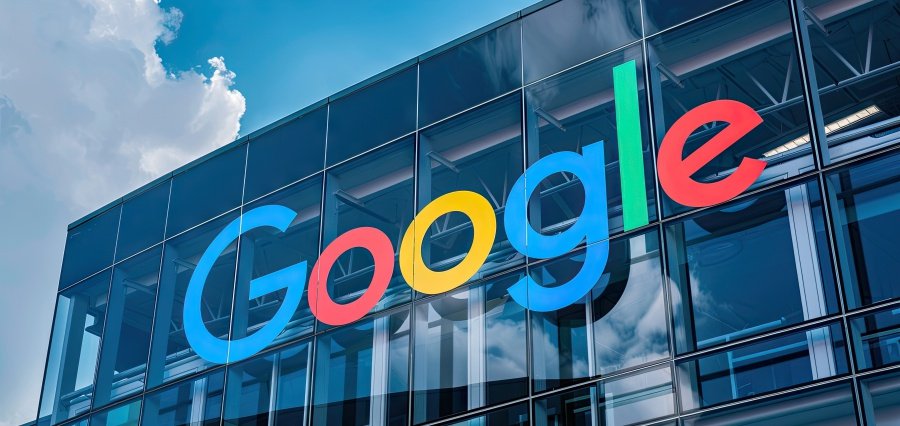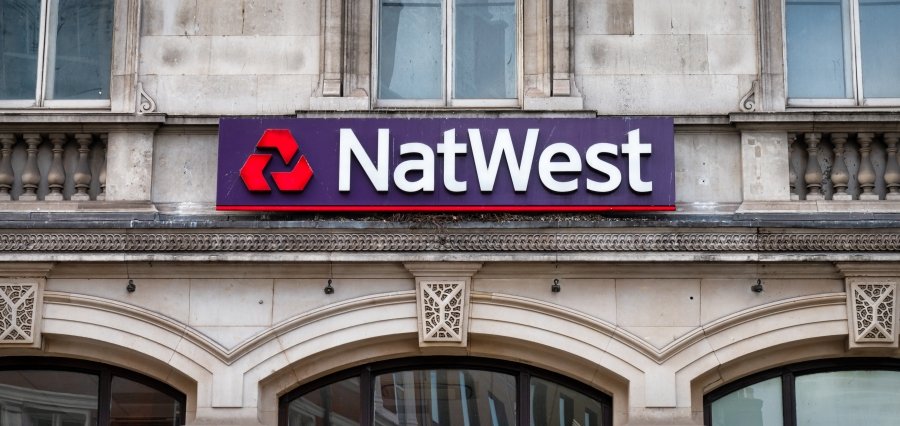Prime Highlights
- Google announced significant AI advances at its 2025 I/O event, including “AI Mode” on Search and next-generation smart glasses.
- The firm is also considering a high-end $249.99/month AI subscription option for corporate and heavy-user customers.
Key Facts
- Gemini AI boasts more than 400 million monthly global users.
- Google’s AI-driven capital spending will exceed $75 billion in 2025, from $52.5 billion in 2024.
Key Background
During its Mountain View, California, I/O conference, Google previewed ambitious AI improvements, adding muscle to its vision for ten or more years out to imbue AI in all of its headline services. Priced among the high-end features was national availability of “AI Mode” in Search, a generative AI feature that supplants the classic “ten blue links” appearance conversational, contextually dense summaries. The structure is designed to make complex search queries simpler and relate them to the user’s immediate requirements.
In addition to software, Google also introduced a series of next-generation smart glasses driven by Gemini, its AI assistant flagship. The glasses can process vision input and return real-time responses in the form of words, a concrete step towards Google’s universal AI agents vision. With the same, the company is hoping to infuse AI into everyday experience, rendering assistance in visual and audio worlds.
In order to fuel this far-reaching AI-first approach, Google will increase its capital spend to $75 billion in 2025. That cataclysmic jump is due to the increased cost of developing and sustaining sophisticated AI infrastructure such as data centers, GPUs, and model training. Much of that money will go towards doubling down on Gemini and embedding products such as Android, Gmail, and Workspace with AI features.
The search giant also teased the launch of a premium Gemini AI subscription, priced at $249.99 per month, likely aimed at developers, enterprises, and power users requiring more advanced tools. This indicates Google’s shift toward diversifying revenue streams beyond ad-based search, especially as competitors such as OpenAI’s ChatGPT and Microsoft Copilot challenge its longstanding dominance.
With Google’s search share to fall below 50% in five years, warned analysts, the step testifies to how fiercely the company is battling to reinvent. The attention now lies in creating a search universe where AI-born interfaces are the fulcrum, paving the way for a more responsive and interactive world of the internet.









